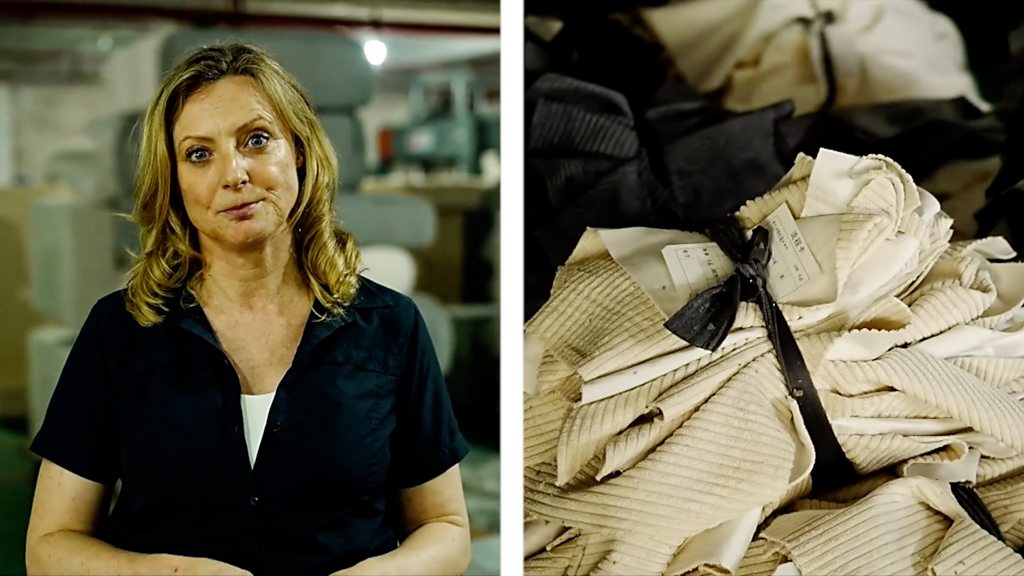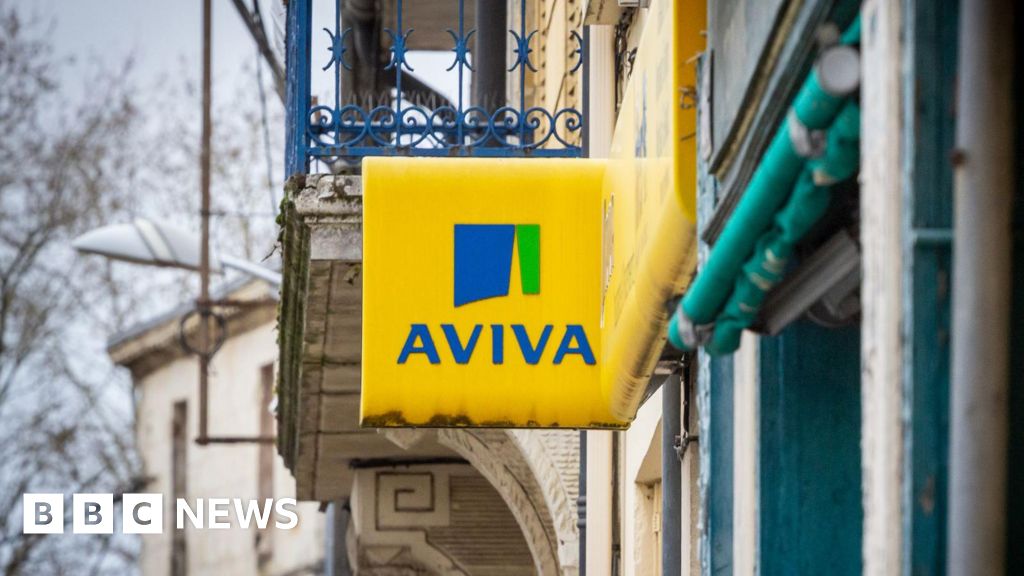ARTICLE AD BOX
By Michael Race
Business reporter, BBC News
Image source, Getty Images
The cost of petrol at UK pumps has reached record a high, with the average price currently at more than £1.50 a litre.
Just two years ago it was at a low of about £1 a litre. Diesel, too, has hit a record of £1.55 a litre.
The price of both fuels has jumped following Russia's invasion of Ukraine.
Why has the price of petrol gone up?
Fuel has increased because the wholesale price for crude oil used in manufacturing petrol and diesel has increased.
Russia's assault on Ukraine has resulted in Western nations imposing economic and trading sanctions on Russia.
Image source, Getty Images
Image caption,Although the UK imports just 6% of its crude oil from Russia, it would still be affected by rising global wholesale prices
There are fears that in response to such sanctions, Russia might retaliate and restrict its oil pipeline supplies to Europe.
Russia is the European Union's biggest oil trading partner and is one of the largest energy producers and oil exporters globally.
Concerns over potential supply problems has pushed the price of Brent crude to more than $100 barrel.
And although the UK imports just 6% of its crude oil from Russia, it would still be affected by global wholesale prices rising.
Petrol price movements are also affected by the exchange rate between the dollar and the pound, because crude oil is traded in dollars.
UK consumers were already experiencing increases in costs for petrol because demand for energy - and its price - collapsed at the start of the Covid pandemic.
As economic confidence has returned in fits and starts, suppliers haven't always been immediately able to meet rising levels of demand, which has caused the price of crude oil, and products derived from it, to rise.
Does a change in the oil price automatically mean pump prices move too?
When wholesale energy prices move, petrol and diesel prices usually do too.
But petrol retailers don't always pass on all of the changes to their customers immediately or in full.
In January the motoring organisation, the RAC, accused petrol retailers of keeping prices unnecessarily high and taking extra profits even after wholesale prices dipped.
But petrol retailers said they were covering the rising costs of running their businesses.
The Petrol Retailers Association says customers bought 15% less fuel last year compared to before the pandemic. This means retailers had to make higher profits on each litre sold if they wanted to cover their overheads.
What else determines the price of fuel?
More than half of the price tag at the pump is tax of one kind or another.
Another factor is the price of bioethanol, which is added to fuel to help reduce greenhouse gas emissions. Although it's a small part of the overall price, it's more expensive than petrol and diesel and its price has nearly doubled over the past year.
These added costs help explain why fuel prices vary so much between countries too. The UK currently ranks near the top of the list, although motorists in Scandinavian countries, the Netherlands, Israel and Greece all pay more.
Will petrol prices come down?
That depends on supply and demand in the world energy market, and what could happen as the war in Ukraine continues.
The price of Brent crude - the international benchmark for oil prices - dipped below $100 a barrel last week before rising again after Western allies issued tougher sanctions on Russia.
As the price fell last week, the AA said predictions that fuel could rise to 160p or even 170p-a-litre now were "exaggerated".
However, though sanctions against Russia have so far stopped short of targeting its oil and gas exports, which some analysts said had helped stock markets start to recover, future ones could do so, leading to supply issues and price increases.
Consultancy firm Portland Fuel say there is "potential for enormous supply disruption" if Russia retaliates to sanctions and uses oil "as a weapon".
Steve Irwin, from Portland, says its "impossible to know" what kind of trajectory oil prices might take in the coming weeks.
However, Mr Irwin added that price was a bigger concern than supply currently, as the US and Saudi Arabia are also huge oil exporters.
In the UK, the government isn't likely to cut tax on petrol any time soon. Fuel duty provides a significant source of revenue for the government - £28bn in 2019-20, according to the Office for Budget Responsibility. That's 3.3% of the overall tax take, equivalent to £1,000 per household.
Image source, Reuters
Image caption,In October's Budget the chancellor Rishi Sunak announced fuel duty would remain at its current level for the 12th year running
Do we even want the cost of petrol to come down?
There's an argument that now is not the time to make fossil fuels cheaper as it may encourage more people switch to public transport or to electric vehicles.
Simon Williams from the RAC is doubtful. He says the cost of new electric cars, and the lack of second-hand models, will still stop a lot of people from making the switch.
And even if the cost of petrol is high, he points out that rail travel is still expensive compared to driving.
Image source, Getty Images
Image caption,Sales of electric cars have risen
However, Gill Nowell, head of electric vehicles at LV= General Insurance says that while the price of an electric car is higher - the running costs, including charging and maintenance can be almost half that of a similar petrol or diesel model.
If you lease a car, she says, the lower running and charging costs mean "most electric cars come out cheaper". And the higher the price of fossil fuels, the more favourable the calculations for EVs become.

 3 years ago
44
3 years ago
44








 English (US) ·
English (US) ·